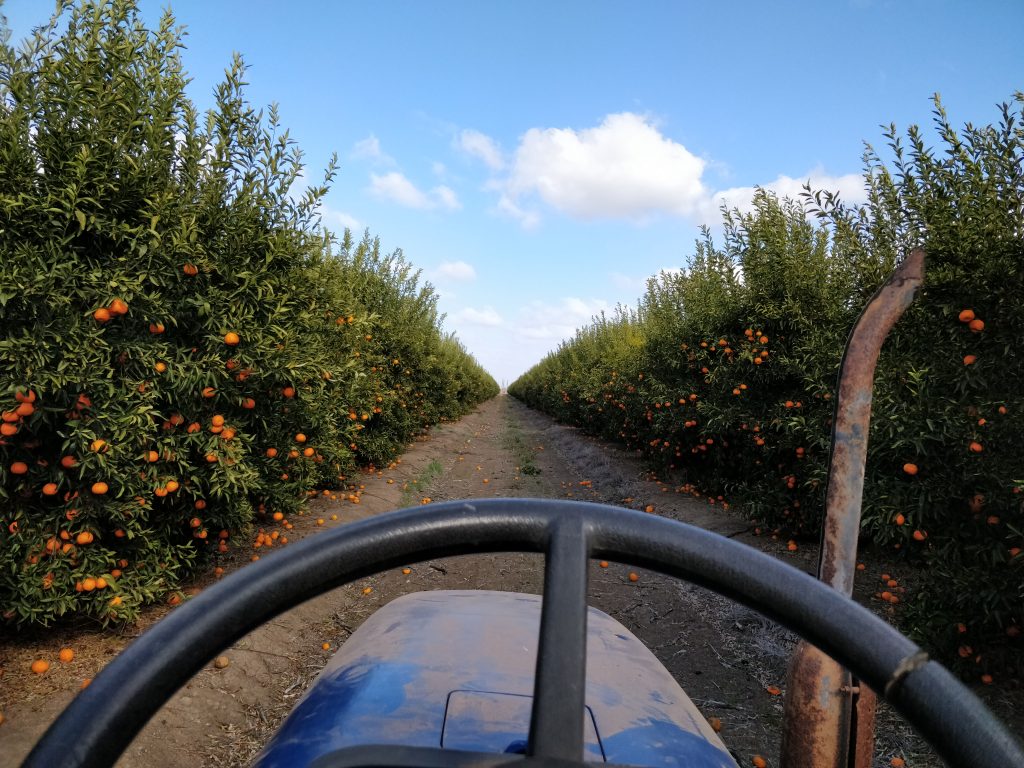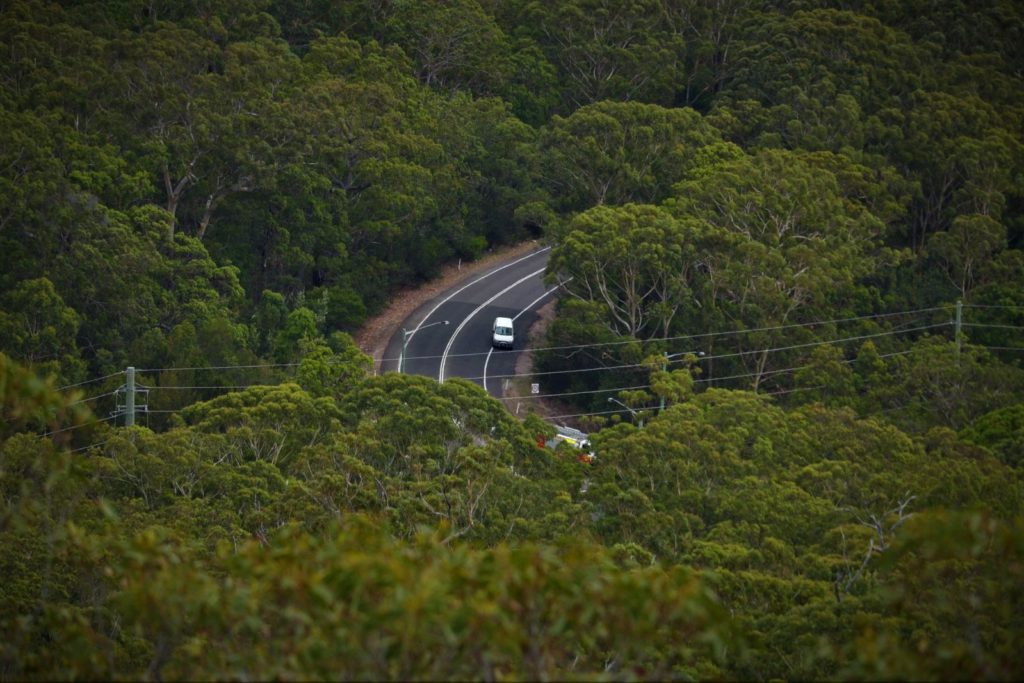Instead of the traditional, or even fundamental, budgeting practice of “predicting and controlling”, Teal organizations try to “sense and response”. When driving a car from one place to another, you can’t simply predict what is going to happen on the journey, neither to control every unexpected obstacle that might be on the road. Similarly, running a bar is not something you do just in the board room, but something you constantly do according to the changes around you by keeping your eyes open and analyzing the live data, moment by moment.
You’ve got your balance, your seat belt and your purpose, keeping you on the road towards the goal, so you are not directionless. You might even be better in line with your goal and park your car in a better neighborhood than originally planned, by being conscious and present throughout the whole trip. We are used to thinking we can control everything and want to come across as a leader with a perfect plan (after spending hours in meetings predicting the future), so letting go of control is a scary thing. It certainly is not going to be easy, I know that. But it’s better to try to re-evaluate your purpose and stay conscious at every moment, than living in the illusion that you can control everything.

We should think like farmers, as the leaders of FAVI (the die casting company mentioned before and in the Reinventing organizations by F. Laloux) say. Instead of looking five years ahead and planning for the next year, organizations should be looking 20 years ahead but plan only for the next day. You should know what trees you are planting and what crops you are growing, but you shouldn’t decide the exact harvest day already at the first day of the year. The weather, crops and soil all have a life of their own which is beyond your control. We should sense and adjust during the season, instead of blindly following a strict plan. A 20 year plan for a bar might be a bit of stretch, considering our industry, but there is a point in that analogy.
Here is why. Predictions are suitable for a complicated world, not for a complex world. In a complicated system, such as an airplane, there are millions of small parts working together seamlessly and they all have their specific role. By missing one part, or overriding another, you can predict the consequences of your actions. However, in a complex system, such as a bowl of spaghetti, there are only few different parts that create the whole system. But yet, you cannot predict what happens if you pull one piece of spaghetti no matter how much you study it. From now on, remember that a bar is a bowl of spaghetti.

The restaurants and bars we work in today have become complex systems. Predicting and controlling is more of an illusion than a reality. As the year 2020 has shown us, restaurants and bars have started to operate in a more agile way, practicing the sense and response ideology. This has been somewhat forced on them, but it has shown that it is possible and quite fruitful to update your venue’s purpose and to focus on your product, service, staff and margins.
Just days after the banning of gatherings of more than 10 people in Finland, which practically forced bars to close last March, DeLorean – A Pretty Awesome Cocktail Bar found a way to be agile in these demanding times. They took care of their staff by paying their groceries and giving them half a month’s salary as well as launched their version of a cocktail box enabling them to get some revenue to stay alive, just to mention few things they quickly adapted as their own. Have a look at their piece in the Difford’s Guide Entrepreneurial Stories section, to learn more about them.
Now, what does this all mean? It means, that instead of trying to find the best possible decision, we should aim for the most workable solution that can be implemented at the time. Workable, meaning a solution that won’t change things worse. Based on new information, the decision can then be altered and improved at any time. This ideology is similar to lean manufacturing (continuous improvement) and agile software development (adaptive planning, flexible responses to change). The internet is full of articles around these topics, I trust you’ll find them on your own if you are interested to read more about them.

This way, decisions are not postponed only to do more analyzing and data gathering in a hope to create a better decision someday soon. After making a decision it can then be altered and improved if more data appears or someone stumbles on a better idea. Therefore, the previously made decision or solution has to be workable, not set in stone. Resuming back to the car example, it’s better (and faster) to just hop behind the wheel and start driving towards the right direction or cardinal point and figure out the right address on the way, instead of spending time over analyzing the best possible route from GPS just to find out that there is a road work on your planned route.
“Targets, well understood, are like maps that guide toward one possible future. They become problematic when we cling to the road we had set out on even after circumstances have changed and a new road seems more promising”
Frederick Laloux
It is a bit bold to say there are no top-down targets in Teal restaurants, but here are three reasons why it could be possible:
- They make us assume we can predict the future
- They distort our behaviour from inner motivations
- They tend to limit our capacity to sense and notice new possibilities
Reaching a target too soon might get people scared that next year their target is set higher, so they might end up underperforming their goals. Also, not reaching a target might lead into shortcuts which can be harmful for the company in the long run. For example, Brand Ambassadors and alike might create trivial expenditures or events towards the end of the year, in order to spend the last of their yearly budget, fearing it might otherwise be cut next year. In theory, when targets are thrown out the window, these games disappear and people are free to tap into their inner motivation and be as best as they can be.
All in all, self-set, predictable, mini targets, can help keeping log of your improvement, like a gymnastic keeping score of their stats, wanting to extend their goal. But be careful not to focus on the target too narrowly, since the future might unfold unexpectedly. Compare your improvement to the day when the target was set and to the data that was available at the time.
We need to participate more than plan!
Be First to Comment